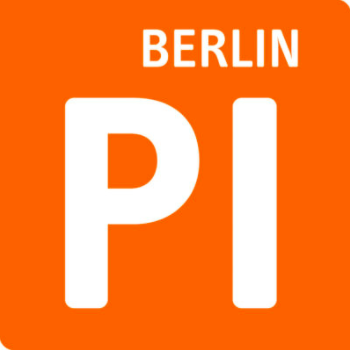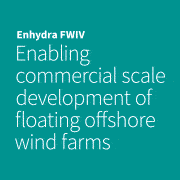Reducing risk for solar power plant operators and investors
Berlin/Germany, Marlborough/USA, June 16, 2020 – PI Berlin has developed a unique process that for the first time allows a deep dive assessment of the production quality of lithium-ion batteries used for solar energy storage. Since an energy storage system is only as good as the batteries which are used, the demand for reliable quality assessments has increased as the number of energy storage projects grows. Evaluating a complete energy storage system without an in-depth review of battery quality is often not sufficient to detect battery-related risks. Not only can battery performance sometimes lag far behind expectations, but poorly produced batteries can cause safety hazards in the field. PI Berlin’s new assessment process reveals weaknesses in battery production and provides specific risk mitigation advice for owners and investors.
Global boom in the number of solar power storage projects
The number of solar energy storage projects is rising rapidly around the world, with international growth rates for photovoltaic storage reaching between 70 and 150 percent in recent years, according to BloombergNEF. Lithium-ion batteries have been the dominant technology to date. The number of battery manufacturers is also growing quickly, with many new suppliers based in Asia.
Risks resulting from battery production
“Batteries are the greatest performance risk in any energy storage system. Recent cases of system under-performance have highlighted this risk,” explains Ian Gregory, Managing Director of PI Berlin North America. Batteries are complex systems. The chemical electrolytes must be sufficiently pure, electrode coatings must be very uniform and all raw materials must be stored, processed and assembled at the right temperature and humidity.
Only if all manufacturing steps are carried out correctly will the battery be safe and provide reliable long-term performance. This in turn requires both highly specialized manufacturing processes and comprehensive quality control. “There is a lot of room for error on the path to the finished battery. Our assessment process is designed to identify these weaknesses.”
Factory audits examine 170 processes and materials
“International quality standards for battery manufacturing aren’t well developed, nor are they applied uniformly by the different manufacturers. Our factory audits check and benchmark over 170 processes and materials used in battery production,” explains Shaun Montminy, Technical Manager at PI Berlin. “We spent over 18 months developing this assessment process together with experts in battery chemistry and engineering. We have also incorporated our experience conducting more than 300 factory audits on other solar components.”
PI Berlin is offering the new service to all those who may be impacted by poorly-performing batteries, including the investors and owners of large solar power plants. This helps customers choose the right battery manufacturer while also ensuring they are able to proactively identify and manage risks in the batteries being purchased.
Independent quality audits
With its new production assessment, PI Berlin aims to support operators and investors of large solar plants around the world to systematically compare and benchmark battery manufacturers. To ensure independence, battery manufacturers cannot contract for audits with PI Berlin. They must be contracted by buyers or investors in order to avoid any conflict of interest. “However, a battery manufacturer can suggest an independent audit to its customers as a way of protecting their customers’ interests. It can also help convince banks and investors that a planned storage project will be safe and effective,” reports Gregory.
About PI Berlin
PI Berlin provides independent technical diligence and quality assurance services for
PV equipment and power plants. With an international team of over 60 engineers and scientists, the company offers a broad range of planning, inspection and evaluation services. Its focus is on risk management and quality assurance for complex solar systems.
PI Berlin has offices in Europe, the USA and China. To date, it has carried out more than 300 factory audits on over 125 manufacturers around the world with a total output of 90 gigawatts of solar power per year.
SolarBuyer, a leading provider of factory audits, merged with PI Berlin in 2018. PI Berlin was founded 14 years ago by the PV experts Prof. Dr. Stefan Krauter, Sven Lehmann and Dr. Paul Grunow, one of the founders of Solon and Q CELLS.




























